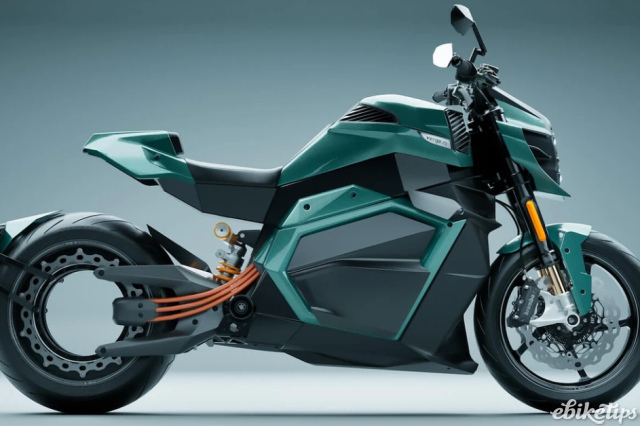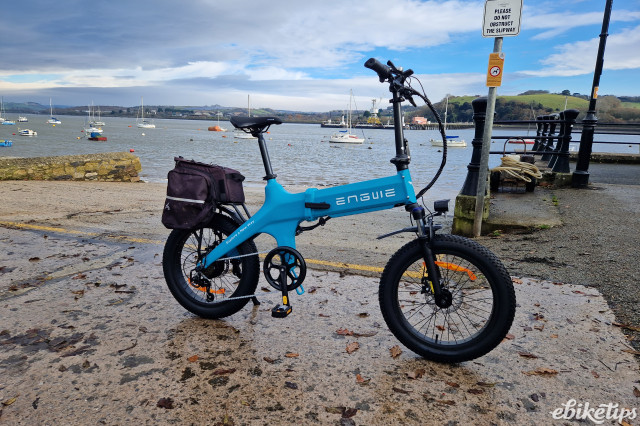Police in Cardiff last week seized 17 illegal e-bikes in an effort to stop the vehicles being ridden through pedestrianised areas of the city centre.
Working with South Wales Police, Cardiff Council said its City Centre Warden team joined forces to ‘crack down’ on the use of the illegal bikes on Thursday, July 27.
What we tend to refer to as electric bikes - those classed as electrically assisted pedal cycles (EAPCs) - do not need to be registered, taxed or insured, and riders do not need a licence. An EAPC must have pedals that can be used to propel it, and its motor must have a maximum continuous rated power of 250W, and should not be able to propel the bike when it’s travelling more than 15.5mph.
The seized e-bikes, which the council said were capable of reaching 35-40mph, are classed as motorbikes and therefore require a licence and insurance. At least some appeared to belong to delivery riders.
South Wales Police said it is working with Cardiff Council to, “tackle the problems of illegal electric bikes being ridden through pedestrianised areas of Cardiff city centre.” The bikes’ owners have been given two weeks to produce the relevant documentation to be able to recover them, otherwise they will be scrapped.
Officers from West Midlands Police recently started “engaging with delivery riders” in Coventry City Centre, in response to rising complaints about the behaviour of e-bike riders, warning that any riders flouting the law could be prosecuted.
Responding to council plans to renew the public space protection order currently in place next month, Lyndsay Smith, Deputy Manager of Coventry's Business Improvement District (BID), said pedestrianised areas had been "infiltrated" by e-bike riders.
As part of its recent report into e-bikes, consumer safety charity Electrical safety First made a series of recommendations that specifically relate to the delivery industry. Chief among them is a suggestion that delivery companies should take responsibility and liability for the safety of their riders who use e-bikes.





